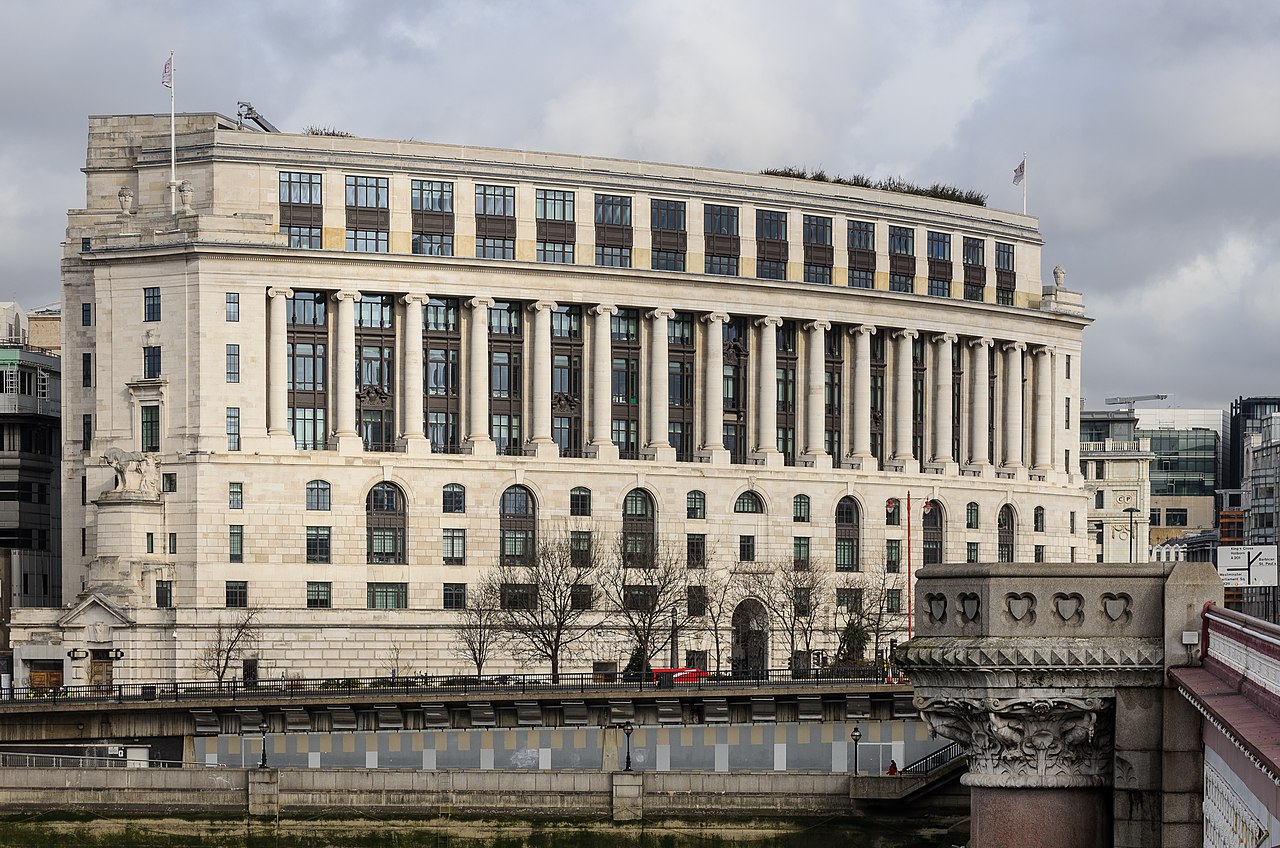Unilever is an “international sponsor of war”, says Ukraine
The Ukrainian government’s National Agency on Corruption Prevention dubbed the mayonnaise and shower gel distributor an “international sponsor of war”, in light of its continuing profitable operations in Russia, more than a year after the war.
“After Russia’s full-scale invasion of Ukraine, the company promised to suspend all imports and exports of its products to and from Russia, as well as halt all media and advertising spending,” the agency said in a statement.
“However, a year later, Unilever Russia’s profits doubled from 4.8 billion rubles (A$80 million) in 2021 to more than 9.2 billion rubles (A$153 million) last year. In addition, thanks to the significant amount of profit obtained […] [Unilever Russia] managed to increase the capital to 34.5 billion rubles in 2022 from 25.3 billion rubles in 2021.”
The company has seen soaring profits in Russia in the aftermath of the war in Ukraine, as it chose to stay while multiple multinational brands exited the country
Unilever is a titan in the food and household chemical industry, managing globally renowned brands such as Dove, CIF, Domestos, Rexona and Axe. The company has seen soaring profits in Russia in the aftermath of the war in Ukraine, as it chose to stay while multiple multinational brands exited the country.
Companies such as McDonalds, Coca Cola, Apple, Airbnb and Bumble have abandoned the Russian market in response to its invasion of Ukraine. Unilever, on the other hand, has faced monumental backlash for not ceasing its operations in Russia and “helping to fund Russia’s war in Ukraine”, in the words of the Ukraine Solidarity Project.
The activist group is orchestrating public campaigns to protest Unilever’s presence in Russia, as tensions around the war heighten. For example, they featured a 26-year old veteran with war injuries on a billboard urging Unilever to leave Russia, because otherwise they are “paying taxes to the aggressor country and thus financing terrorism”.
In response, the multinational company says that Unilever only sells “everyday food and hygiene products” to Russians, and that the amount it sells has gone “down significantly by double digits”
In response, the multinational company says that Unilever only sells “everyday food and hygiene products” to Russians, and that the amount it sells has gone “down significantly by double digits”. Alan Jope, the former CEO of Unilever as of the 30th of June, has explained the reported increase in profit was in reality driven by inflation and exchange rate depreciation.
In a statement from February 2023, Unilever says that its significant physical presence in Russia makes it tricky for it to exit the market. If they were to close down the 3000 strong operation across the head office and manufacturing sites, the Russian state could appropriate it for its own profit. The corporation also asserts it isn’t comfortable to “abandon” its people in Russia.
The second course of action they address is selling, which is impossible at the moment, as they have found no option to sell without the Russian state gaining more benefit.
The only acceptable direction, they say, is to continue to run the company only with “essential” goods. Despite their commitment to this, damning reports from Russia reveal the company still sells ice cream and other consumer goods that can hardly be deemed “necessary”.
Besides Unilever, more than 550 international companies still do business as usual in Russia
Additionally, the company halted all imports and exports and stopped advertising and investments. Besides Unilever, more than 550 international companies still do business as usual in Russia. Some of these are AstraZeneca, Barilla, Nestle and Redbull. More companies are in the process of “scaling back” some significant operations but continuing others. Adobe, Duolingo, Microsoft and JPMorgan are some names in this category.
A European Commission spokesperson said that “as long as they do not engage in sectors or with entities which are under sanctions” staying in Russia doesn’t necessarily break EU directives. However, by paying tax money to the Russian government these companies can be said to indirectly “sponsor the war”.

Comments